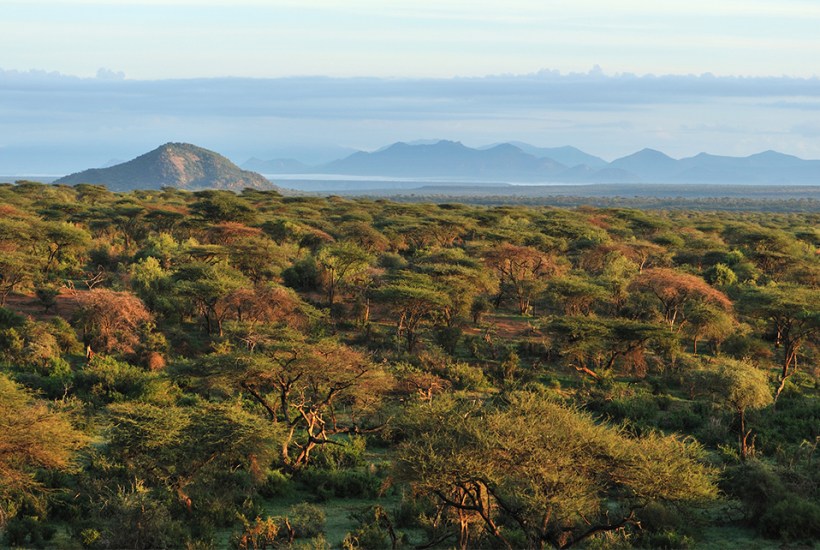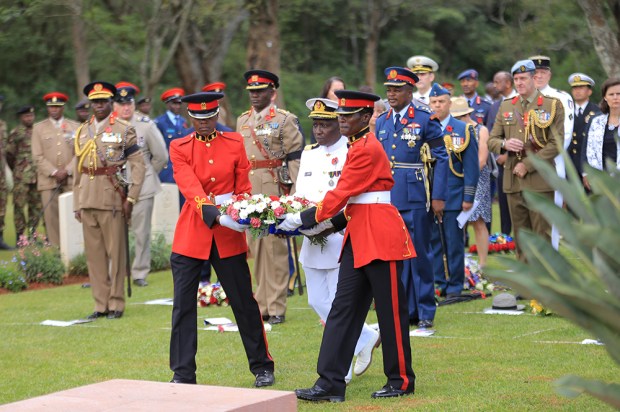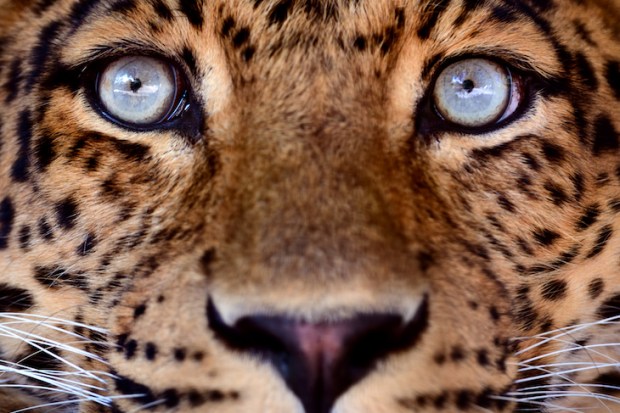Laikipia
The principal of the local polytechnic was waiting for me in the kitchen. Frequently in the kitchen there is a chief or a surveyor, or geese, or the cats Omar and Bernini, the dogs Jock, Sasi and Potatoes, foundling lambs or calves gambolling about hoping for milk, or stockmen with news of a sick cow, or armed askaris clumping in after a hard night to lay assault rifles down on the counter before slurping mugs of sugar-loaded tea.
Already a subscriber? Log in
Subscribe for just $2 a week
Try a month of The Spectator Australia absolutely free and without commitment. Not only that but – if you choose to continue – you’ll pay just $2 a week for your first year.
- Unlimited access to spectator.com.au and app
- The weekly edition on the Spectator Australia app
- Spectator podcasts and newsletters
- Full access to spectator.co.uk
Or
Unlock this article
You might disagree with half of it, but you’ll enjoy reading all of it. Try your first month for free, then just $2 a week for the remainder of your first year.















Comments
Don't miss out
Join the conversation with other Spectator Australia readers. Subscribe to leave a comment.
SUBSCRIBEAlready a subscriber? Log in